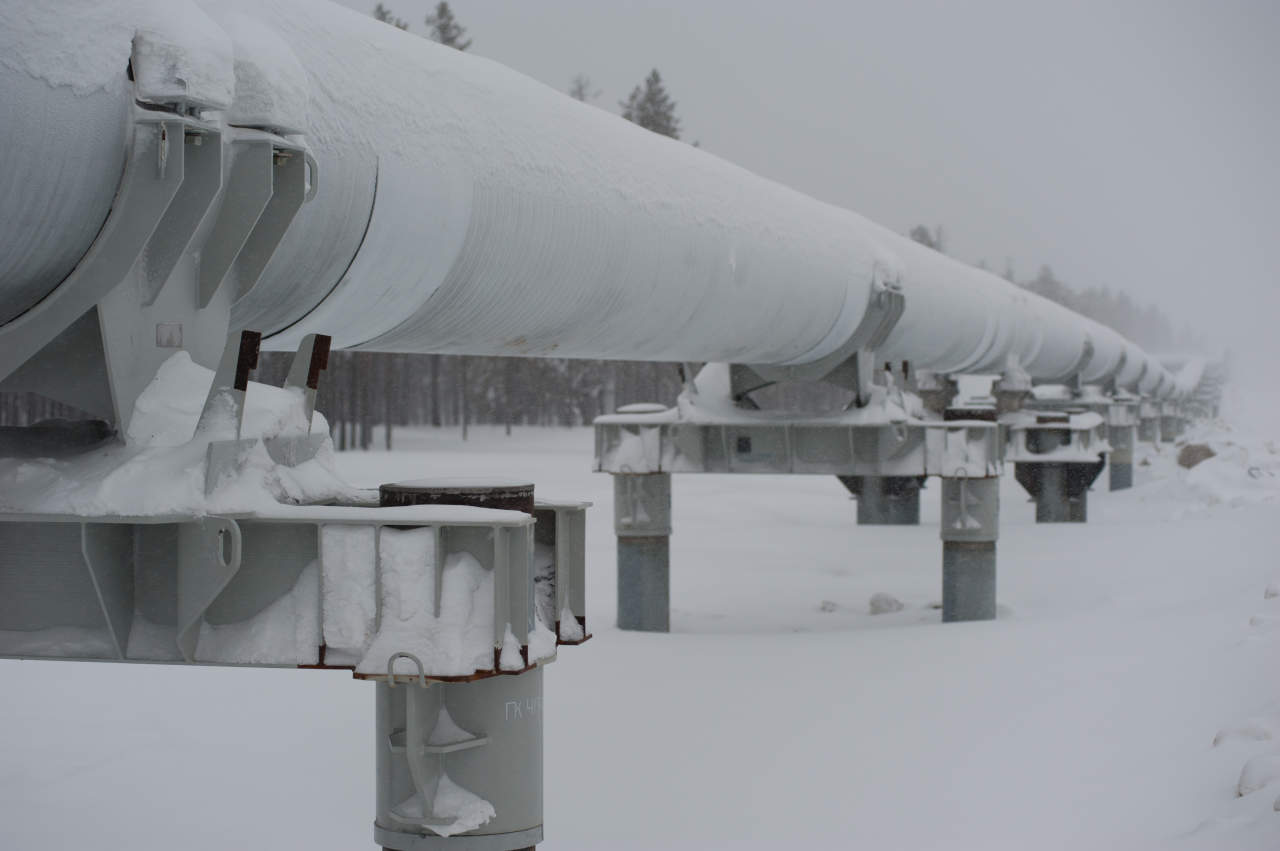Pipeline Operators: Germany's Winter Gas Supplies Secure
FRANKFURT (Reuters) - Germany will have enough natural gas this winter, despite restrictions on transit routes Opal and TENP 1, as storage levels are close to 100%, pipeline operators' group FNB said on Monday.

Mild weather in 2018/19 has meant gas stores - accounting for about a fifth of annual demand - are well up on the roughly 52% level a year ago, said Berlin-based Fernleitungsnetzbetreiber (FNB), releasing its outlook report.
"Winter may start. We are prepared," said FNB's managing director Ralph Bahke, saying possible shortfalls in some locations could be met with flexibility elsewhere.
Germany, Europe's biggest gas market after Britain and an importer of more than 90% of its needs, receives Russian gas via Ukraine and Poland and via the Nord Stream 1 pipeline across the Baltic Sea for onward distribution to countries in the region.
Opal was ordered in September to cut some 40% of shipments received from Nord Stream after Poland successfully contested Russia's supply dominance in court.
The effect of the reduction has been limited so far, thanks to the availability of cheap alternative supplies.
This has also been the case for TENP 1, which runs from the Netherlands to Italy and Switzerland via south-western Germany and has been grappling with corrosion problems, prompting moves to explore rebuilding parts of it by 2025.
Norway and the Netherlands also supply large volumes of gas to Germany, where users have also begun tapping into ample supplies of liquefied natural gas (LNG) on the world market.
FNB said it would monitor throughout the winter the impact of the Opal and TENP 1 challenges on storage drawdowns.
It will also monitor talks between Russia and Ukraine over the future of gas transit flows after a long-term contract expires at the end of this year.
FNB said intra-European gas market provisions could be activated to help cope with any disruptions that might require additional gas flows from central to south-Eastern Europe.
Another long-term challenge is a change to full high-calorific gas specifications as the Netherlands phases out its production of a low-calorific gas type commonly used in transport and consumer infrastructure in northwest Europe.
FNB members include Gascade Gastransport, Ontras Gastransport and Open Grid Europe.
Related News
Related News

- Keystone Oil Pipeline Resumes Operations After Temporary Shutdown
- Biden Administration Buys Oil for Emergency Reserve Above Target Price
- Freeport LNG Plant Runs Near Zero Consumption for Fifth Day
- Enbridge to Invest $500 Million in Pipeline Assets, Including Expansion of 850-Mile Gray Oak Pipeline
- Williams Delays Louisiana Pipeline Project Amid Dispute with Competitor Energy Transfer
- Evacuation Technologies to Reduce Methane Releases During Pigging
- Editor’s Notebook: Nord Stream’s $20 Billion Question
- Enbridge Receives Approval to Begin Service on Louisiana Venice Gas Pipeline Project
- Russian LNG Unfazed By U.S. Sanctions
- Biden Administration Buys Oil for Emergency Reserve Above Target Price




Comments